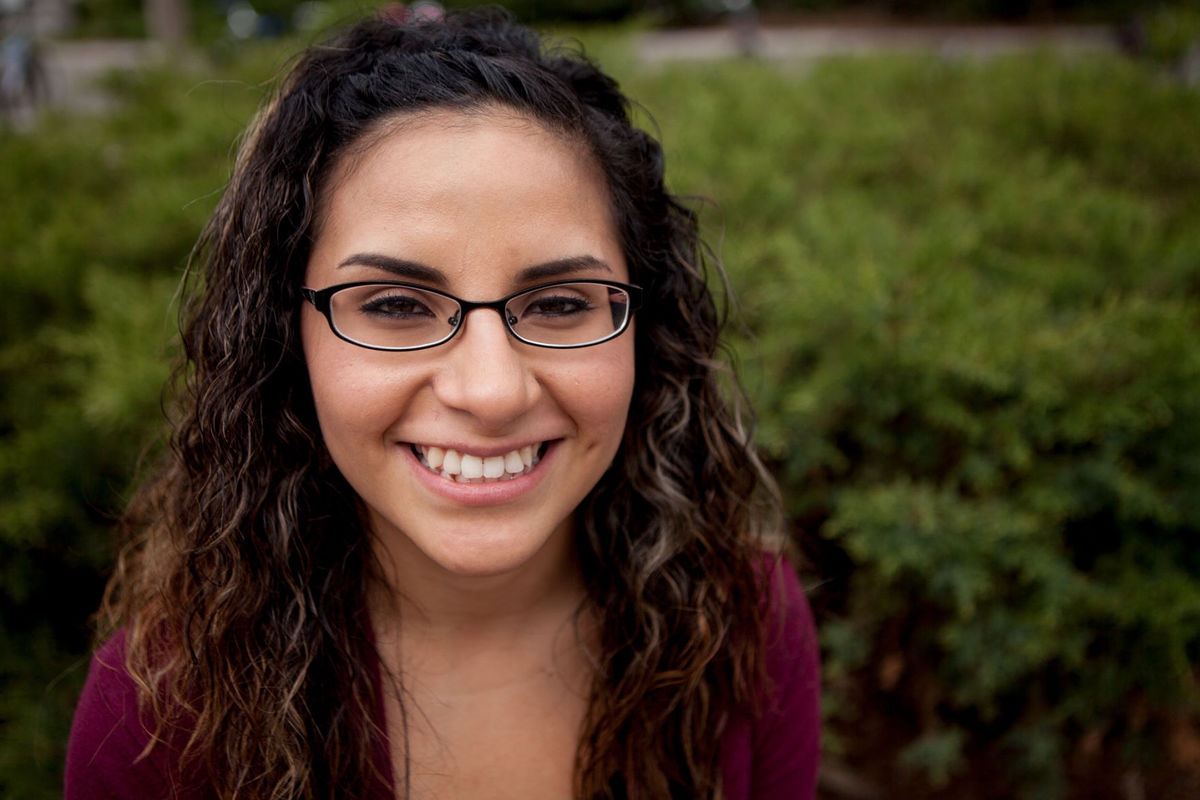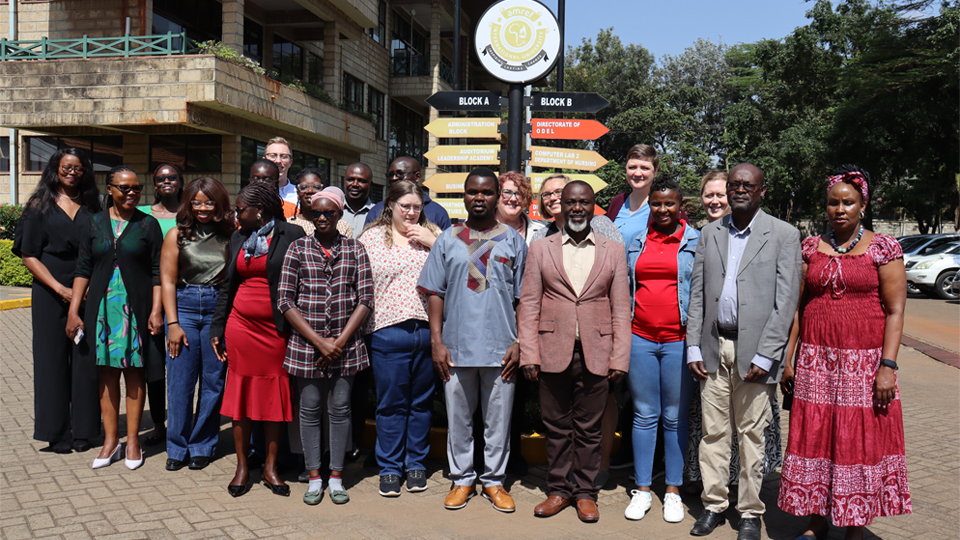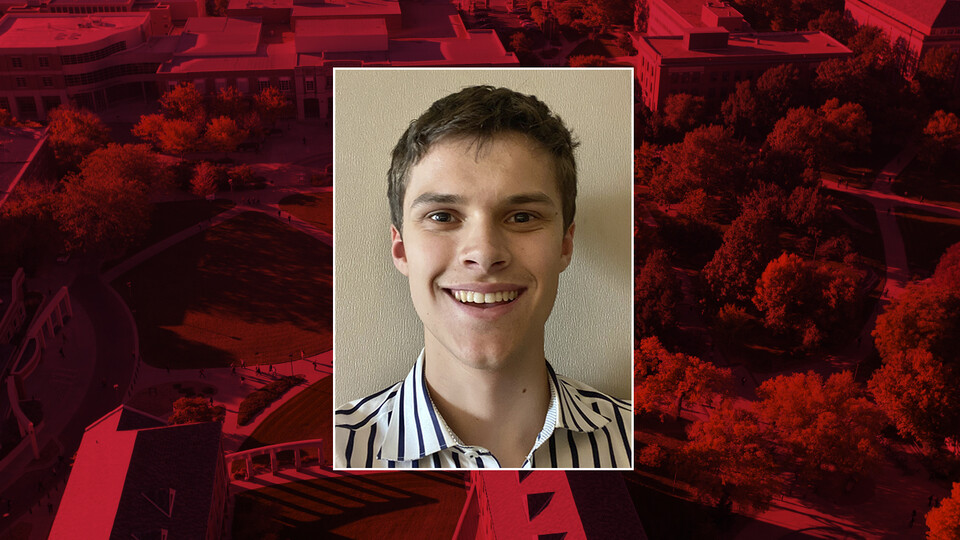
In fall 2017, the University of Nebraska-Lincoln will begin to offer a Hope for the Future Scholarship to assist students who are not eligible for financial aid, specifically students with undocumented and Deferred Action for Childhood Arrival DACA statuses. DACA is a 2012 policy that allows certain immigrants who entered the country as minors to receive a renewable two-year period of deferred action from deportation and eligibility for a work permit.
Senior political science and Spanish major Valeria Rodriguez helped lead the creation of the scholarship. Rodriguez realized there was a problem when her fellow classmates weren’t able to have the same access to scholarships as students from other universities did.
“I thought it was ridiculous that we’re the flagship university and we don’t offer any aid [to undocumented or DACA students],” Rodriguez said. “That’s when I went ahead and talked to some administrators, specifically Dr. [Juan] Franco and we were able to start the Hope for the Future Scholarship through the NU Foundation. It’s all privately donated money that we will start to award in the fall.”
“I found that was an injustice to opportunity because I would be in their shoes if my dad hadn’t had the status he did as he went through the naturalization process,” Rodriguez said. “I’d be in their shoes and I wouldn’t be able to attend a university because I wouldn’t have the status.”
Vice Chancellor of Student Affairs Juan Franco helped guide Rodriguez as well as other students through the bureaucracy of creating the scholarship. Prior to the Hope for the Future Scholarship, Franco said the university struggled to find donors.
“We had been thinking about [the scholarship] for a while and kept looking for ways to do it,” Franco said. “Most importantly, we were looking for donors who will donate money for the DACA scholarship. Frankly, we hadn’t made much progress until Valeria came to us.”
During the fundraising process, the committee has been advertising donations as well as the banquet they are hosting on April 13. All the proceeds from the banquet and private donations will go directly to the scholarship fund, Rodriguez said.
According to Franco, the committee is not sure how they are planning on splitting the scholarship.
“The committee will have to decide how much money we have and how we divide it up,” Franco said. “Do we give ‘x’ amount of ‘y’ amount? Should we have a few bigger ones and some small ones? So we have to work through that whole process, we don’t really have much right now.”
The committee plans to meet in the summer to make final decisions on how the scholarship will work. Franco said he wants to get to the point where they are able to endow the scholarship, but that it will take a bigger donor to do that.
“We of course will have to start small,” Franco said. “I’m hoping, and it’s only a hope, that we can fund five scholarships - obviously the more the better. We’ll have to wait and see how much we can do.”
Joseline Reyna, a DACA status student, received a scholarship through Nebraska College Preparatory, a program that supports low-income or first-generation students from several high schools around the state, when she was in eighth grade. However, the junior criminology and criminal justice major struggled with the uncertainties of her scholarship.
“Even my senior year they weren’t so sure if it would be able to cover anything,” she said. “So we were forced to look at other colleges and kind of see if I should just go to a community college and then transfer to save money.”
“It wasn’t just easy to ignore it,” Reyna said. “It’s like, this is my situation, this is what I have to deal with now.”
With this scholarship, the money will be more secure for DACA and undocumented students.
Franco explained how he found a respect for students not eligible for financial aid from the state or federal government.
“In most cases, maybe all cases, their parents are not well-to-do so they can’t help with the tuition,” Franco said. “These poor students are without any. I actually admire them for still coming to school, I know I couldn’t. I don’t know how they do it. Some do, but they just need help.”



